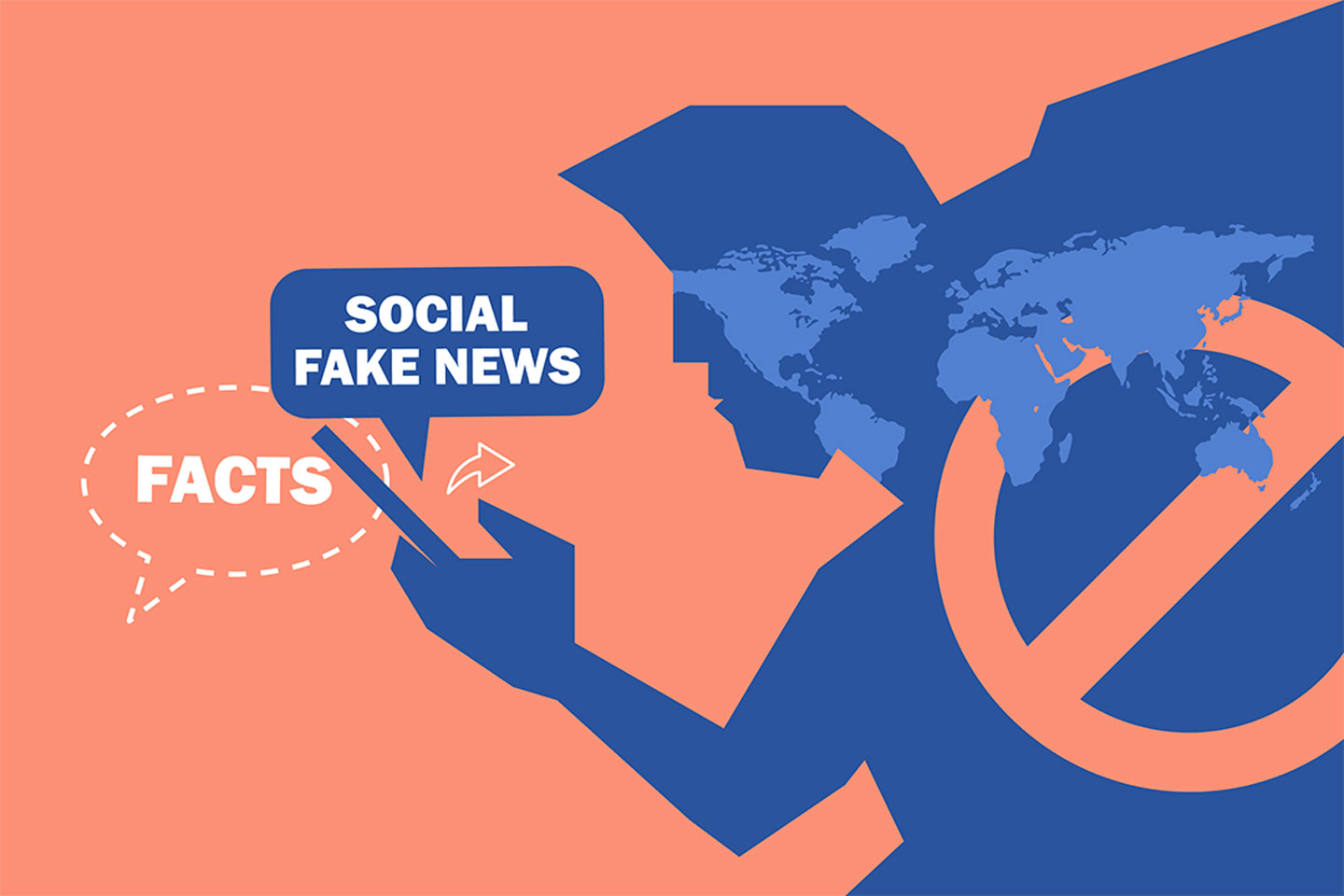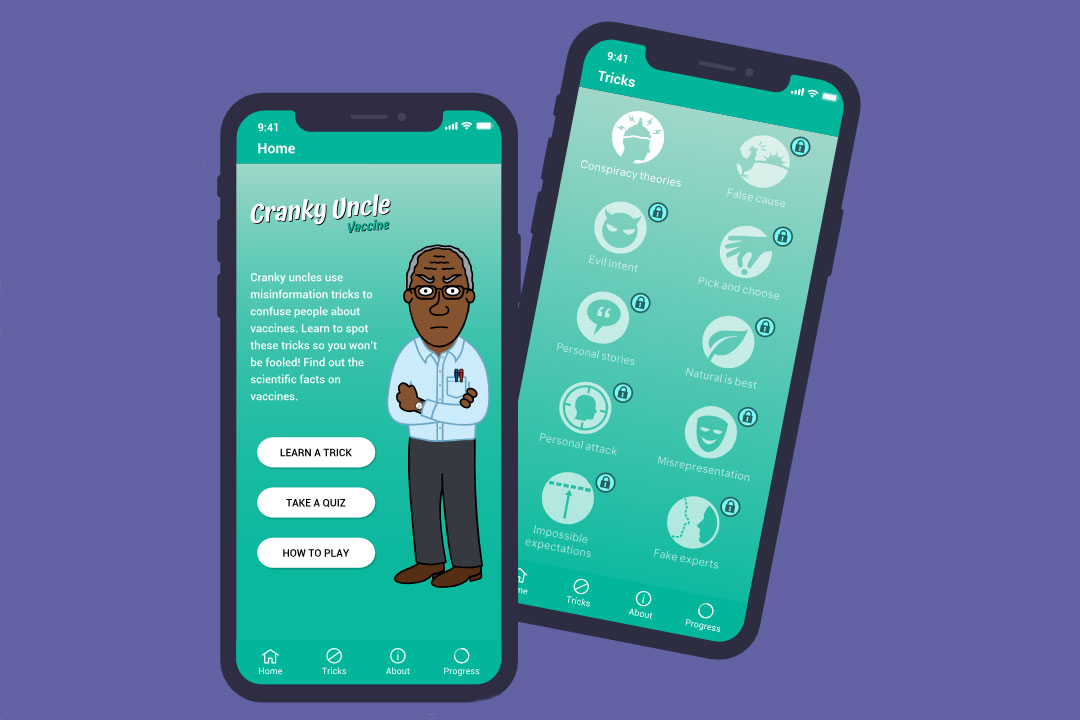Misinformation on social media is linked to vaccine hesitancy, says study
Sharing false information, even when later debunked, correlates with people either delaying vaccination or refusing the vaccine outright.
- 5 May 2022
- 2 min read
- by Priya Joi

What is the research about?
Vaccination has played a critical role in preventing severe disease and saving lives in the COVID-19 pandemic. Misinformation and myths about COVID-19 and the vaccines developed against it are believed to have contributed to vaccine hesitancy. The misinformation can vary from false claims that vaccines can alter our genes, to COVID-19 being caused by 5G networks. Vaccine hesitancy can range from delaying vaccination indefinitely to refusing the vaccine. But whatever the reason for not taking the vaccine, when clusters of people remain unvaccinated, it allows the SARS-CoV-2 to continue to circulate at high rates, allowing new variants to emerge, and putting the whole world at risk.
Vaccine hesitant people may be more likely than others to post vaccine misinformation.
In this study published in Nature, researchers looked at the relationships between vaccine uptake, vaccine hesitancy, and online misinformation.
What did the researchers do?
The scientists used data from Twitter, Facebook, and the Centers for Disease Control and Prevention (CDC) to investigate how online misinformation is associated with vaccination rates and levels of vaccine hesitancy across the US. They analysed 55 million tweets to look for misinformation, and geolocated US users to the state they lived in. Then they looked at vaccine uptake in these states to be able to correlate this with social media misinformation.
Have you read?
What did they find?
They found a correlation between misinformation and vaccine uptake, and that when misinformation rose, vaccine uptake decreased. The researchers noted that “Associations between vaccine outcomes and misinformation remain significant when accounting for political as well as demographic and socioeconomic factors.”
What does this mean?
The team is careful to point out that their “analyses alone do not demonstrate a causal relationship between misinformation and vaccine refusal.” The relationship is likely to operate the other way as well – vaccine hesitant people may be more likely than others to post vaccine misinformation.
What is clear, however, is that opinions on vaccines spread quickly and a better moderation of information “ecosystems”, as the researchers describe these areas of public discourse, is necessary to reduce hesitancy.








